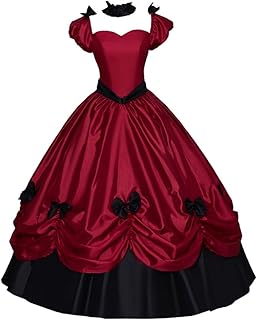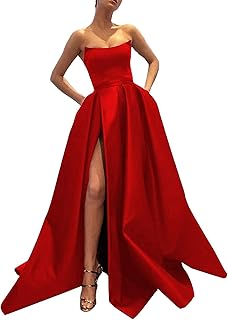The Cannes Film Festival is known for its extravagant red carpet fashion, but this year, a new dress code rule caused controversy. The festival, held in the luxurious French town of Cannes, decided to ban overly revealing dresses on the red carpet in the name of “decency.” This sudden shift in policy raised questions about the festival’s traditional eccentric dress code, which mandated tuxedos for men and high heels for women.
Despite its reputation for showcasing bold and provocative fashion choices, the festival’s decision to impose restrictions on attire sparked criticism from industry insiders. The move was seen as a step towards conservatism and a form of body policing, particularly affecting female attendees. The ban on revealing dresses and long trains added a layer of control that clashed with the festival’s history of celebrating daring and boundary-pushing fashion.
Cannes has always been a unique event in the film industry, often straddling the line between serious cinema market and glamorous spectacle. Over the years, it has garnered attention for its mix of highbrow cinema and flashy celebrity appearances. The festival’s contradictory nature was highlighted by the recent dress code controversy, which seemed out of place in an environment that has long embraced risqué and avant-garde fashion.
For many, Cannes represents a paradoxical blend of artistic integrity and commercial appeal. While the festival strives to uphold its prestigious image as a bastion of film culture, it also succumbs to the allure of blockbuster franchises and celebrity glamour. This dichotomy was exemplified by the ban on revealing attire, which clashed with the festival’s history of embracing provocative and boundary-pushing fashion choices.
The decision to enforce a stricter dress code at Cannes reflects broader societal tensions around gender, power, and representation in the entertainment industry. The festival’s attempt to regulate attire on the red carpet symbolizes a larger struggle for control and agency, particularly for women in the film world. The ban on revealing dresses raises questions about autonomy, self-expression, and the ongoing battle for gender equality in Hollywood and beyond.
As the Cannes Film Festival grapples with issues of fashion, representation, and cultural significance, it serves as a microcosm of the larger debates shaping the entertainment industry. From the red carpet to the silver screen, the festival’s dress code controversy sheds light on the complex interplay between tradition, innovation, and social change in the world of cinema. As the event continues to evolve, it will be interesting to see how it navigates the delicate balance between artistic integrity and commercial appeal in an ever-changing landscape.
📰 Related Articles
- Shane Rose Cleared: Equestrian Dress Code Controversy Resolved
- Bella Hadid Shines at 2025 Cannes Film Festival in Style
- Whip Controversy Surrounding Jockey Alvarado’s Kentucky Derby Win Sparks Debate
- Verstappen-Russell Clash Rocks Formula 1: Penalty Sparks Controversy
- Unveiling the Moral Battleground: A Real Ghost Story at Udine Far East Film Festival






